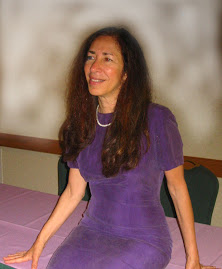If you think it’s the horror and ugliness of fighting that lands so many relationships in the toilet, here’s something new to chew on.
A recent study out of the University of Minnesota has found that those who recover well from fighting have a better chance of relationship happiness, no matter the intensity of the fight. Sure, horrible fights take their toll, but if you have a partner who gets over it quickly, that toll will be less. According to lead researcher Jessica Salvatore, “What we show is that recovering from conflict well predicts higher satisfaction and more favorable relationship perceptions. You perceive the relationship more positively."
The cool thing is that only one of the partners needs to recover well for the benefits to manifest. So even if you’re the one given to moping and resenting after the fireworks subside, your partner can improve the relationship simply by recovering better than you do. “If I'm good at recovering from conflict, my husband will benefit and be more satisfied with our relationship," Salvatore said.
This means that having knock-down fights with your partner isn’t necessarily fatal to the relationship, especially if one or both of you can let the past be dust. Of course, the less fighting the better, but let’s face it: most relationships do have times of collision, and that’s simply reality.
Perhaps accepting that reality—that fighting is a normal part of the relationship game--is one of the key components that helps people to get over fights. If you buy the Hollywood notion that love means you “fit perfectly and have no conflict” -- bumps in the road will seem catastrophic to you. But if you believe that fighting is inevitable and also survivable, you’ll have much more ability to recover from it.
Another factor, the researchers say, is early childhood experience. Those people who had dependable, emotionally responsive caregivers as babies seem to have a better ability to recover from fights, compared to those who grew up with deficient or uneven care. Salvatore says, "If your caregiver was better at regulating your negative emotions as an infant, you tend to do a better job of regulating your own negative emotions in the moments following a conflict as an adult."




No comments:
Post a Comment